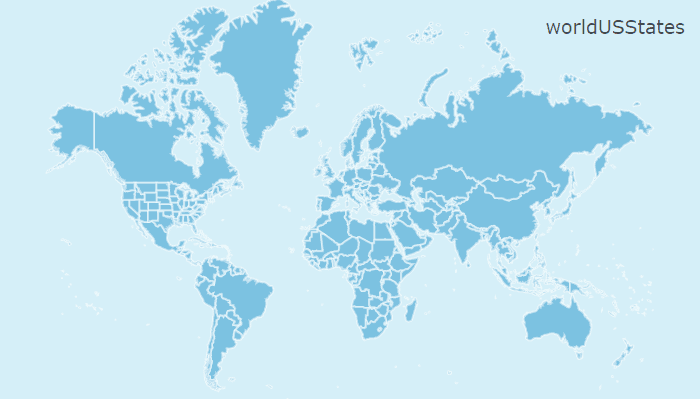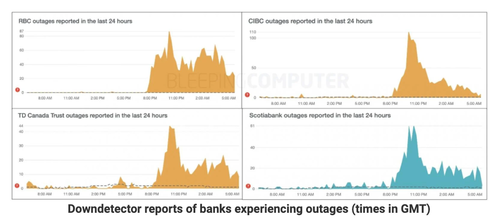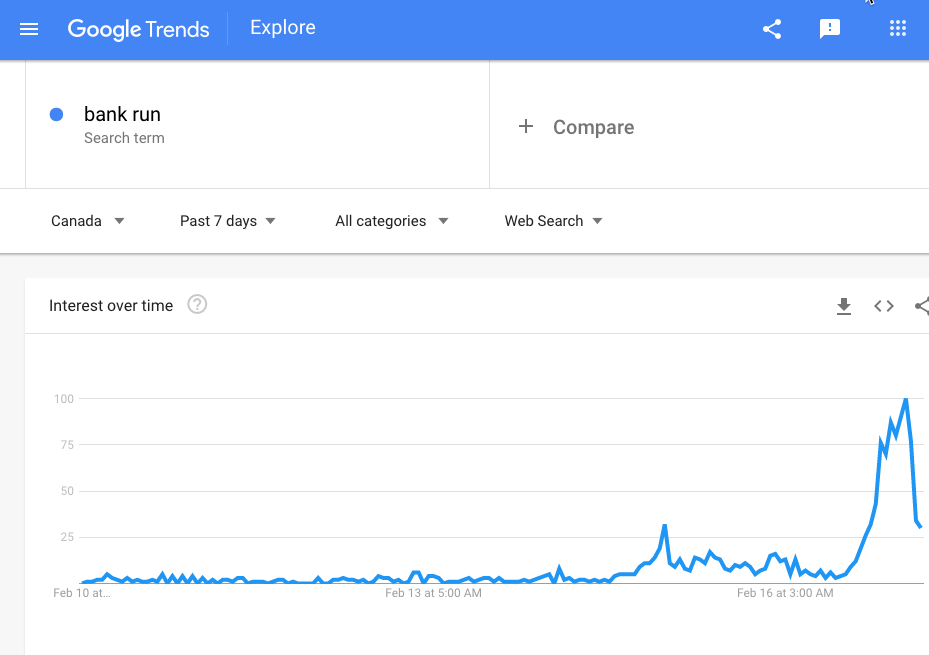Canada is hugely important to the U.S., which explains my interest in what is mostly an internal Canadian series of protests.
But international trade is a funny thing to get your mind around. Most casual analysis is misguided. So first let me present 5 ideas that goof up our thinking when we look at the numbers, and then I'll consider ranking bilateral partners.
• What we call international trade, within GDP, is pretty arbitrary. It counts anything that crosses borders as international trade, and anything that does not as ... well ... um ... there's actually no accepted name for that. Except that it's the bigger form of trade for most countries. Which is just totally weird.
Most of you probably grew up with a globe or atlas around the house somewhere that had a map like this in it:
But I chose this one because it's also weird, but in a particular sort of way. It's not that the countries aren't colored, it's that the subdivisions of one country are also shown. Ours. And its internal borders are presented the same way as the rest of the world's external borders.
And what we do in our measurement of international trade is say that trade that goes across one kind or border should be counted one way, and trade that goes across another sort of border should not be counted that way.
The beautiful thing about this map, for me trying to make this point, is that another way of saying that is that trade that goes across some of the white borders is counted as international trade, and trade that goes across some of the white borders is not counted as international trade. If you feel that's starting to be capricious and confusing ... well good ... you're on your way to thinking more clearly about international trade (and also understanding why others get so goofy when thinking about international trade).
• This one is easy. We trade more with people that are near us. It's cheaper.† There's a reason almost every country in east Asia is a big international trader: neighbors, and lots of them.
• Next up, everyone trades the most with people that are like them. Now, it is trade, so the most important factor is being of comparable income. But after that, speaking a similar language, practicing the same faith, inheriting similar institutions from countries that occupied both partners in the past, and even skin color will influence who trades with whom. There's a reason that western European countries trade more than eastern European ones.
• A lot of international trade in goods is transshipment. This means it goes from one country to another, through a third one. So first it is exported from country A, and is an import to country B. Then country B exports it to country C where it's considered an import. There's 2 trades there (A to B, and B to C), that create 4 entries in the tallies for volume of international trade (exports from A and B, and imports into B and C). So, Belgium has a lot of routine commerce that gets counted as international trade because it's flat, and on the way from Germany to France.
• Weather still matters. Bad weather inhibits trade. Infrastructure still matters: better ports, airports, railways, and highways mean more trade. China has great natural harbors, bordering on calm seas, so it would only be a mystery if they didn't trade a lot.
• Now combine the above five points, and consider that the U.S. is considered by most to be a country that is not engaged enough in international trade, even though it's also the largest trading country (or has recently been passed by China). Why is that so? The latter part is easy: the U.S. has a much bigger economy than most countries so we do a lot more of everything.
But even that is not as much as some think it ought to be. This is actually pretty easy, once you get introduced to the 4 points made above. First, the U.S. is physically big, especially east-to-west. So a lot of our trade is intranational rather than international. Second, we don't have a lot of neighbors. Just Canada and Mexico, and maybe a few island nations. Third, one neighbor is like us (Canada), but we have pretty significant differences from our other neighbor (Mexico). Lastly, we don't benefit from much transshipment. Yes, Canada and Mexico do trade a bit, but a lot of that goes around us rather than through us.
Put all this together, and you should start to recognize that, say, California's most important trading partner isn't China or Mexico ... its ... Arizona. And then continuing on, Arizona's big business is never going to be international trade, but rather domestic transshipment along I-10 and I-40.
FWIW: This should also make you consider whether politicians and business leaders in Utah who promote international trade are, quite possibly, morons. (Or maybe they just like international trade junkets). We're in the middle of the country: Utah's natural business is intranational trade, especially considering we have the main northeast to southwest highway and railway routes in the western half of the country that can save time by cutting diagonally from the midwest to southern California. Also note that we're already blocked out of that trade from the northeast, because south central states have already figured out how to make it cheaper to get from NY to LA.
***
All of this means that we should be super jazzed that Canada is not just our largest trading partner, but that we are the largest bilateral trading pair in the world. The top 30, according to the WTO, are listed on this Wikipedia page.
But the data in the table is dodgy. The top entry is Germany trading with the EU. But that's weird because Germany is part of the EU. If they're going to count this as international trade, then they probably ought to count the trade of California with the other 49 states. But they don't ... because people get goofy about trade. So if they want Germany in the table, maybe they should have all the other countries in the EU entered individually, rather than as a group. But if you look closely, almost all of the entries are one EU member with all the other EU members. This is the way the WTO does it. Go figure.
And, there's also weirdness with The Netherlands being in the # 2 spot, and Belgium in # 6. This is due to infrastructure and transshipment. Both have huge, and better ports, than neighboring Germany and France.
What we're left with near the top is the U.S. with Canada, the U.S. with China, and the U.S. with Mexico (those last two have flip-flopped places over the last few years). This is kind of amazing: China has 13 times the GDP, and 42 times the population of Canada, and yet we trade more with Canada. There's good reason for that: they're close, and they're like us. But it's an amazing thing that it swamps those other factors, without much help from transshipment, good weather, and worthwhile sea routes.
Further, most of that trade goes through a limited number of entry points: over bridges near Detroit, over bridges near Buffalo, I-81, 87, 89, and 91 in the northeast, I-5 north of Seattle, I-15, I-29 (and a lot of rail traffic through that region down to Chicago).
So paying attention to what happens in Canada is really important for an American trying to understand our macroeconomy.
And, we shouldn't be thinking of this as trucker protests over COVID-19. That's the way it's presented in the media, and it's rather infantile. The bigger picture should get the headline "World's Largest Trading Partnership Crippled by People On Both Sides with Reasonable Worries Who Should be More Open to Compromise".
And this is a good time to introduce the Coase Theorem. One implication of this is that in the presence of externalities that reduce gains from trade, interested parties should be able to figure out a way to negotiate contracts and payments to mitigate those externalities and harvest those gains from trade. How so? People and firms whose business is disrupted by the demonstrations should be trying to figure out who needs to be paid off to make them go away. In this light, the truckers do not have too much to gain or lose, so the obvious bargaining partner is the Trudeau administration. That the Trudeau administration hasn't figured this out points to political incompetence on a grand scale.
† But it's really not that much cheaper. Shipping across oceans is remarkably cheap (all those people who think buying at farmer's markets is beneficial because there's less transportation are really off base). There's been a huge increase in the cost to ship a container by ship: it's up to about $10,000 right now, a bit less than 4 times what it cost before COVID-19 hit. That's still only about $4 per cubic foot. A new laptop in its box is about 2 cubic feet, or $8 to ship from China.
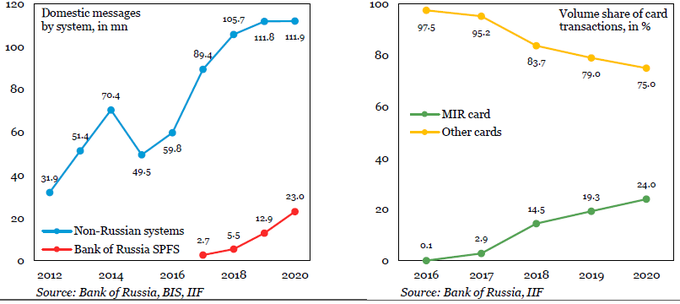
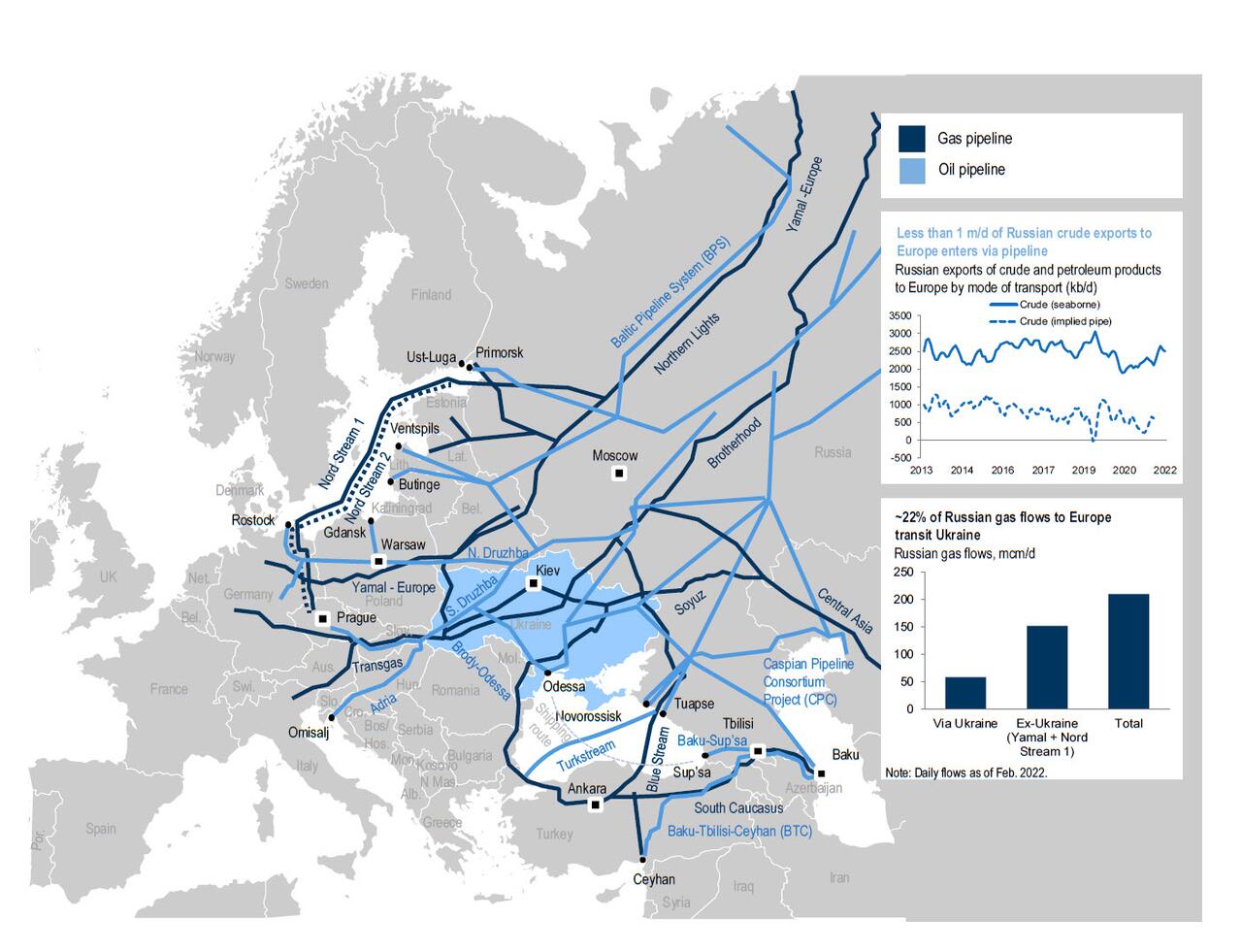
/cloudfront-us-east-2.images.arcpublishing.com/reuters/JBGXUA2P4ROV3G65BGQFC4XFRE.jpg)


